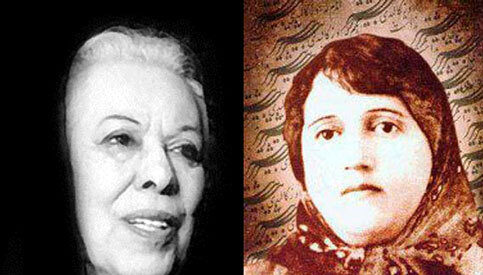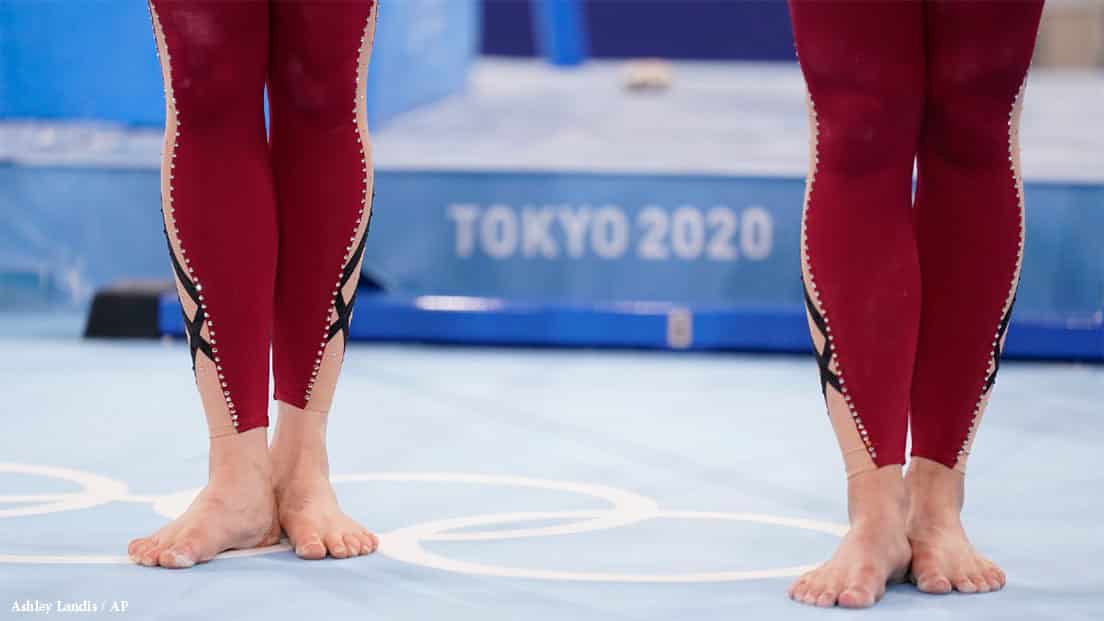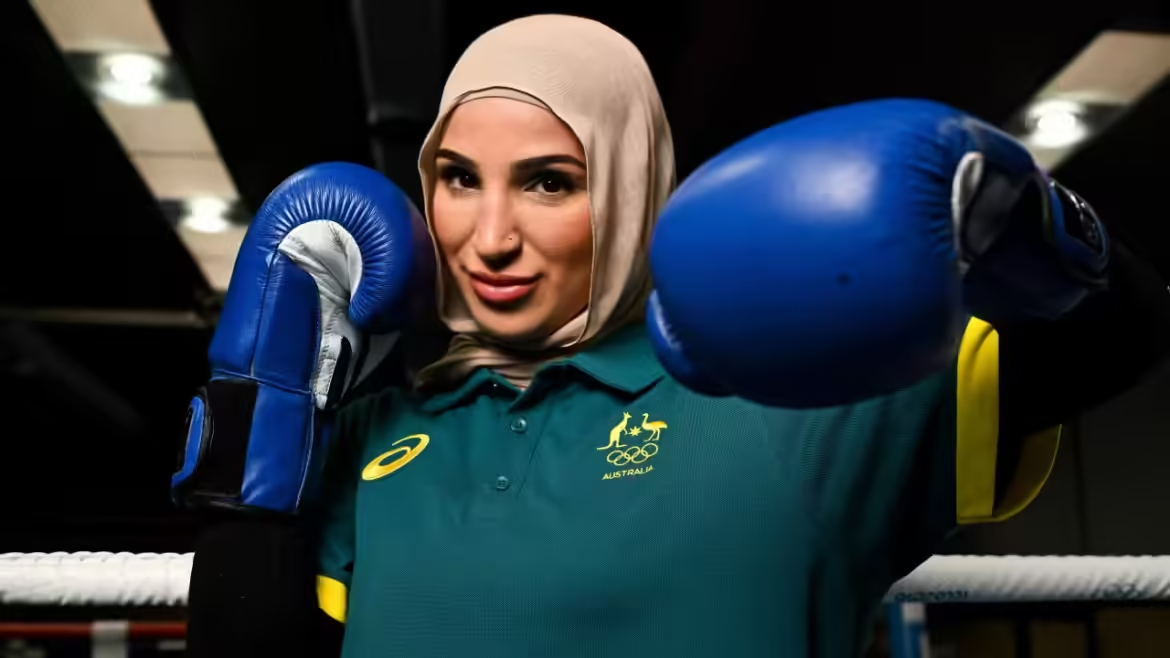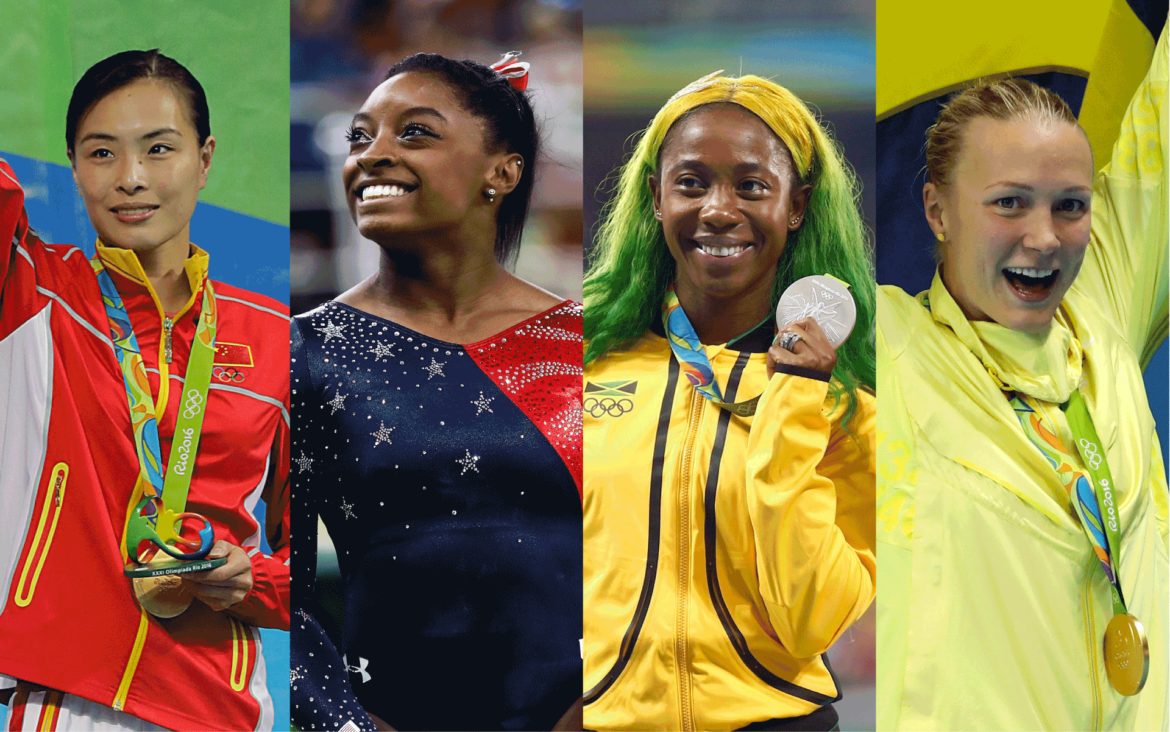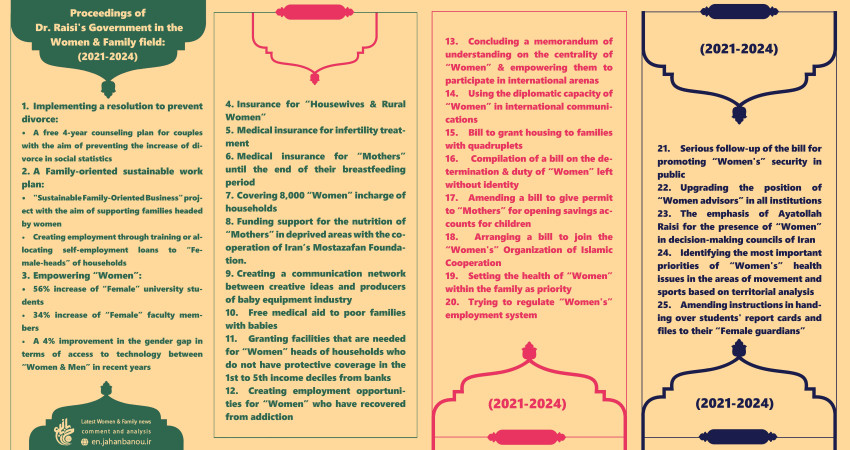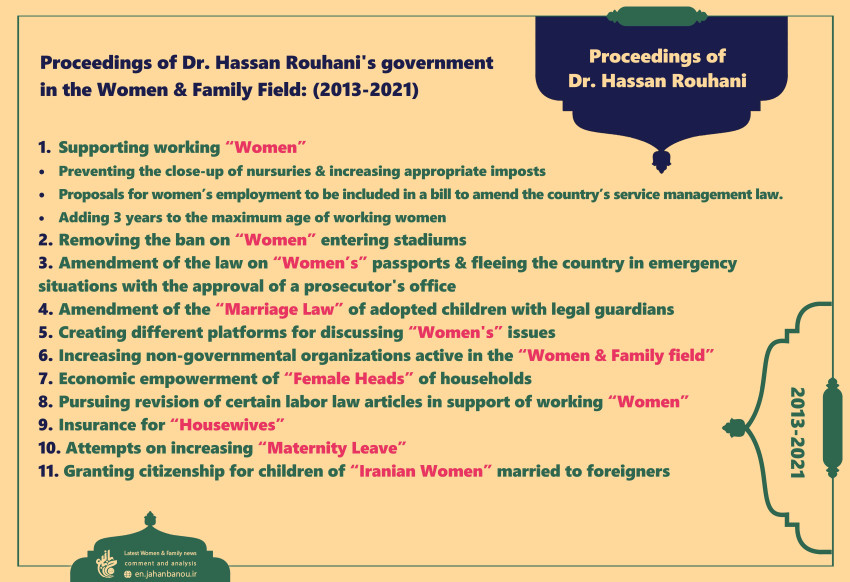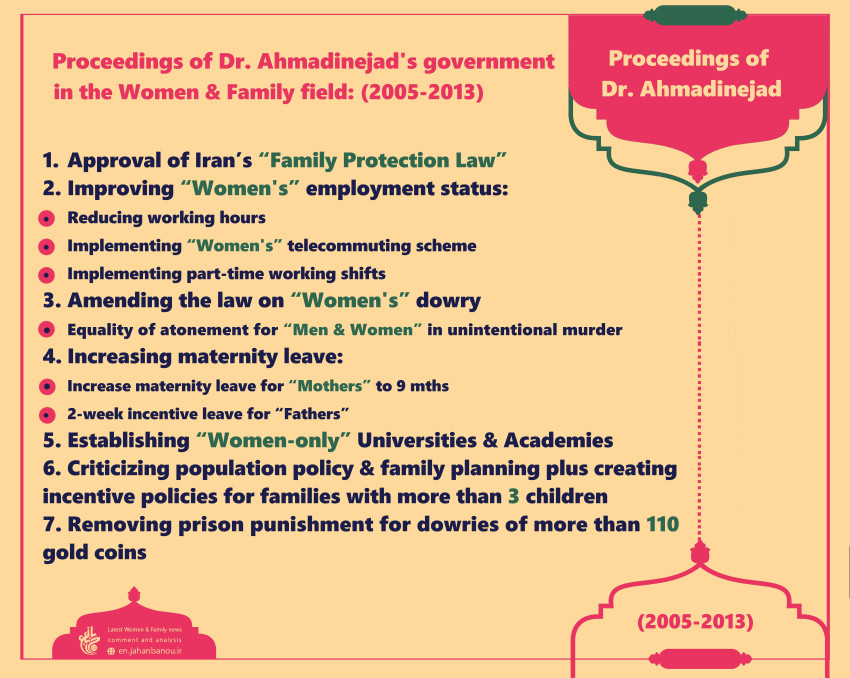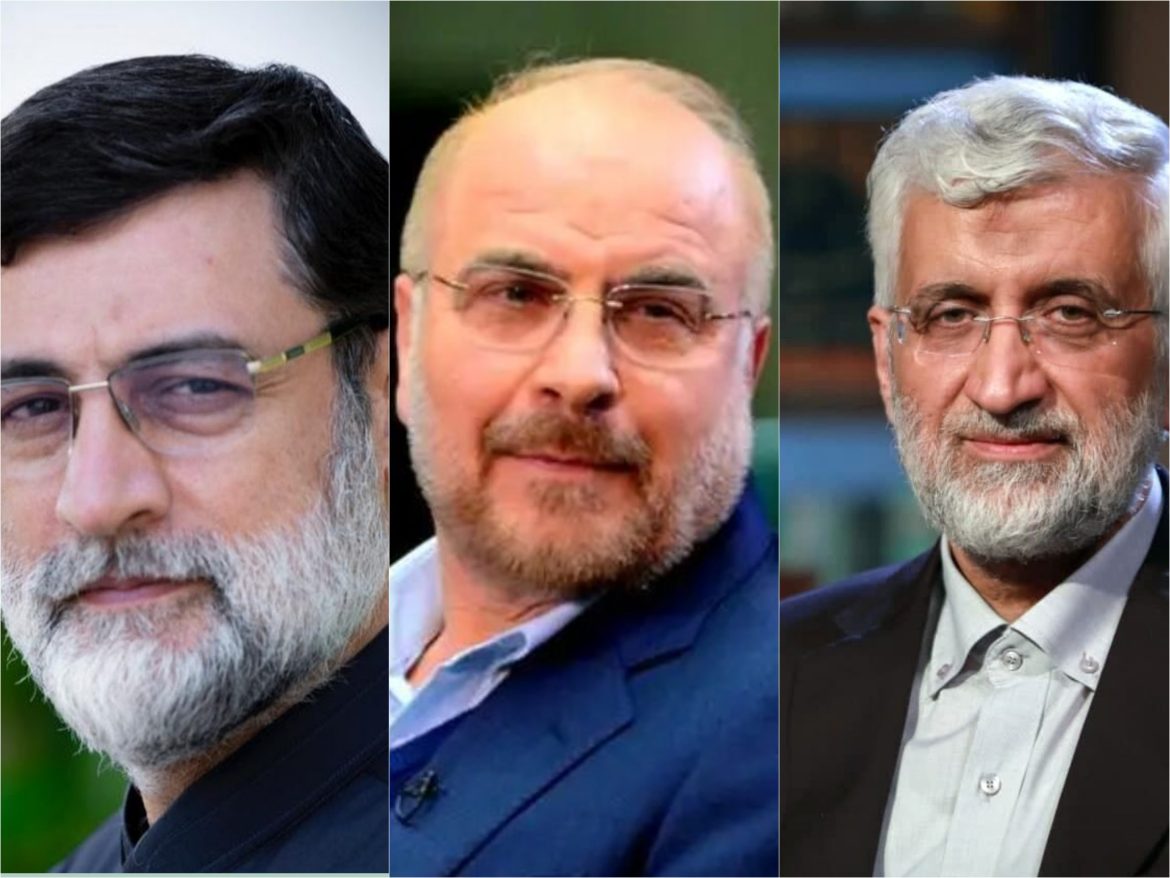In the innocent world of Nahid Kiani, whenever someone asked her what she wanted to be when she grew up, she would quickly reply, “I want to be a writer.” However, a sweet mistake turned her into a historic figure for Iran.
Focus on Winning
Scrolling through Instagram and searching for her page, I finally found it after several attempts. It reminded me that Nahid Kiani, Iran’s taekwondo girl, has a habit of closing her social media accounts before competitions to focus entirely on winning and creating memorable moments for us with the Iranian flag.
She says, “My first and last goal in professional sports is the happiness of the people.” It doesn’t matter if you’re her fan or not; she wants all of Iran to be happy. That’s why she dedicated her silver medal from the Grand Prix to those who don’t even like her.
Making history
The day Nahid’s mother mistakenly bought a taekwondo uniform for her summer class instead of karate gear, she couldn’t have imagined that this beautiful mistake would lead Nahid to choose taekwondo and make history for our country. Her entry into sports has an interesting story; otherwise, Nahid’s childhood dream was writing.
A Fortunate Mistake
In 2006, when she was 8 years old, her mother enrolled her and her older sister Mahtab in a karate class for summer entertainment. The coach had asked them to buy karate uniforms for the first session. However, their mother mistakenly bought taekwondo uniforms. The coach didn’t allow them into the class with those uniforms.
Nahid recalls: “My sister and I returned home and told our mother what happened. She replied, ‘What’s the difference? Just go to taekwondo class this summer!’ So we reluctantly joined taekwondo just so the uniforms wouldn’t go unused. Now I proudly say that my current position in taekwondo is thanks to that simple and sweet incident.
A Passion for Writing Never Fades
“As a child, Nahid was calm and would sit quietly writing about her daily events. Writing was her favorite pastime and childhood dream. Even now, she writes about the hardships behind these championships. On her list of future goals is publishing a book about her life titled “Hard but Possible,” reflecting how she’s shown us that while competitions are tough, victory is often achievable for her.
From Dreams to History
Although Nahid didn’t become a writer as she wished, she’s not far from creating works; she’s writing history by becoming the first Iranian woman to win a gold medal in world taekwondo competitions. She also became the first Iranian woman in history to rank first globally in women’s taekwondo rankings and has now etched her name into another corner of history at the 2024 Olympics.
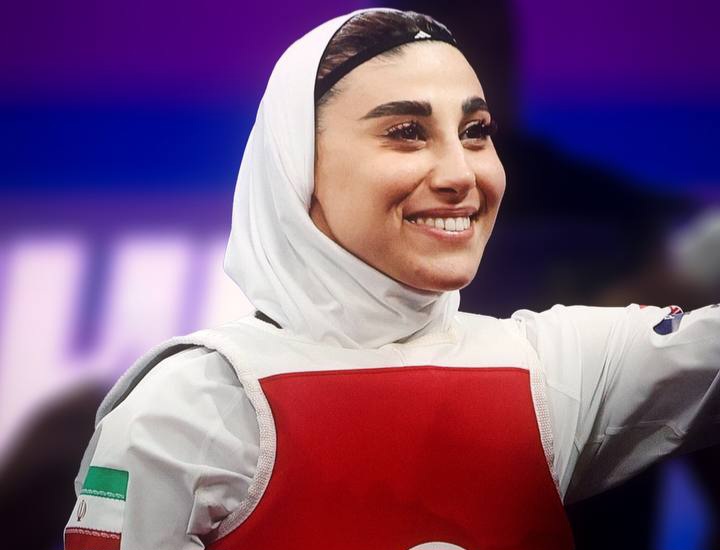
Reaching New Heights
Nahid is the first Iranian female taekwondo athlete to reach an Olympic final. By reaching this milestone, she became Iran’s most decorated female athlete in Olympic history since previously our female athletes had only won two bronze medals at the Olympics. Now Kiani aims either for gold or silver on that podium!
Gratitude and Determination
After enduring tough competitions, in her first interview behind cameras, she promised people she’d do everything possible to win them the brightest medal. Regardless of its color though we are already proud seeing our Iranian girls on global podiums winning medals! She finds solace in prayers from her mother who has been a source of strength over these years; hope shining through father’s eyes supporting all along; smiles from people celebrating every victory with joy!
Nahid took years’ worth effort onto mat ensuring prideful nation remains uplifted!
source: fars news agency



